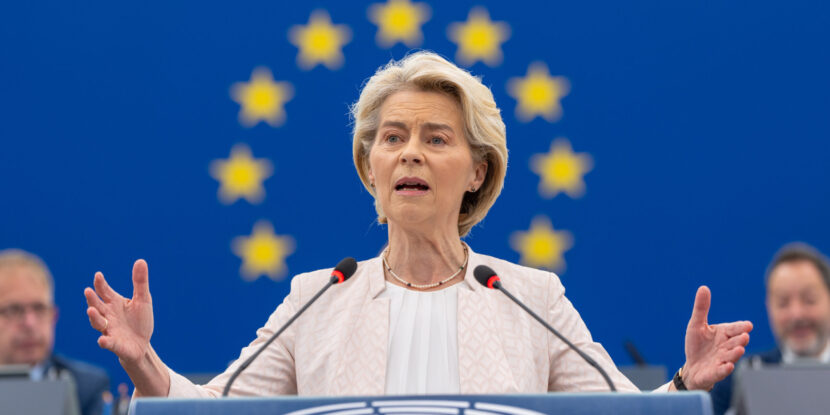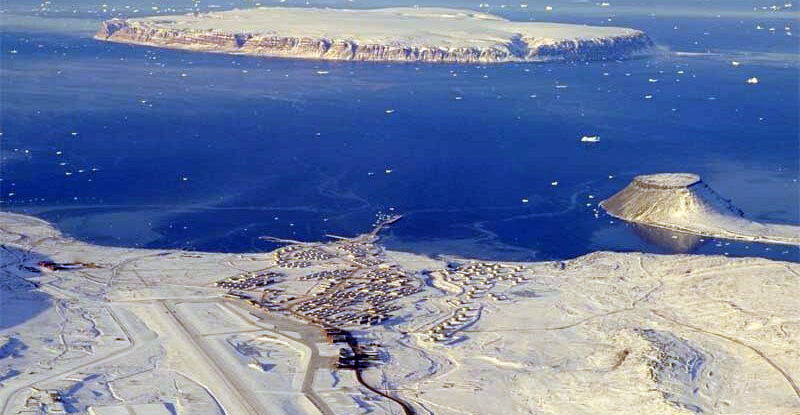❓WHAT HAPPENED: The European Commission proposed sanctions on Israeli ministers and settlers, along with suspending preferential trade access for billions of euros’ worth of Israeli exports.
👤WHO WAS INVOLVED: European Commissioner for Trade Maroš Šefčovič, Israeli Finance Minister Bezalel Smotrich, Israeli National Security Minister Itamar Ben-Gvir, and European Union (EU) officials.
📍WHEN & WHERE: The announcement was made on Wednesday in Brussels, Belgium, affecting EU-Israel relations.
💬KEY QUOTE: “We regret having to take this step. However, we believe it is both appropriate and proportionate given the ongoing humanitarian crisis in Gaza.” – Maroš Šefčovič
🎯IMPACT: Proposed sanctions could affect $7.1 billion worth of Israeli exports to the EU, but will face significant opposition from member states like Hungary.
The European Commission, the unelected executive for the European Union (EU), proposed a set of sanctions targeting Israeli ministers and settlers on September 17, along with the suspension of preferential trade access for billions of euros’ worth of Israeli exports. The move marks the EU’s most significant attempt yet to pressure Israeli Prime Minister Benjamin Netanyahu’s government to halt its military campaign in Gaza, where the humanitarian situation has sharply deteriorated nearly two years on from the Hamas attacks on the Jewish State on October 7, 2023.
European Commissioner for Trade Maroš Šefčovič said, “We regret having to take this step. However, we believe it is both appropriate and proportionate given the ongoing humanitarian crisis in Gaza.” A senior Commission official added, “I think it’s important to show Europeans that we are able, willing, ready to react when principles and lines have been crossed.”
The proposed trade measures would suspend benefits granted under the EU-Israel Association Agreement, affecting roughly $7.1 billion in Israeli goods, amounting to around 37 percent of Israel’s total exports to the bloc. However, for the suspension to take effect, it must be approved by a so-called “qualified majority” of EU member states, representing at least 65 percent of the Union’s population.
In addition to trade actions, the Commission recommended sanctions against several nationalist Israeli officials, including Finance Minister Bezalel Smotrich and National Security Minister Itamar Ben-Gvir. A number of Israeli settlers and organizations operating in the West Bank would also be targeted. The EU is simultaneously proposing sanctions on ten senior Hamas members whose actions helped trigger the Gaza war on October 7, 2023. These sanctions will require unanimous backing from all 27 EU member states.
Despite the proposed measures, EU funds supporting Israeli civil society groups, particularly those combating anti-Semitism, would remain unaffected. Commissioner for the Mediterranean Dubravka Šuica confirmed that such funding streams would continue.
Israeli Foreign Minister Gideon Sa’ar sharply criticized the EU’s proposals, calling them “morally and politically distorted” and warning that “steps against Israel will be answered accordingly, and we hope we will not be required to take them.”
The proposals come amid a noticeable shift in Europe’s stance on the Israeli-Palestinian conflict. Several EU governments, including France, Ireland, and Spain, have either recognized or announced plans to recognize a State of Palestine.
Image European Union 2023– Source: EP.
Join Pulse+ to comment below, and receive exclusive e-mail analyses.




















